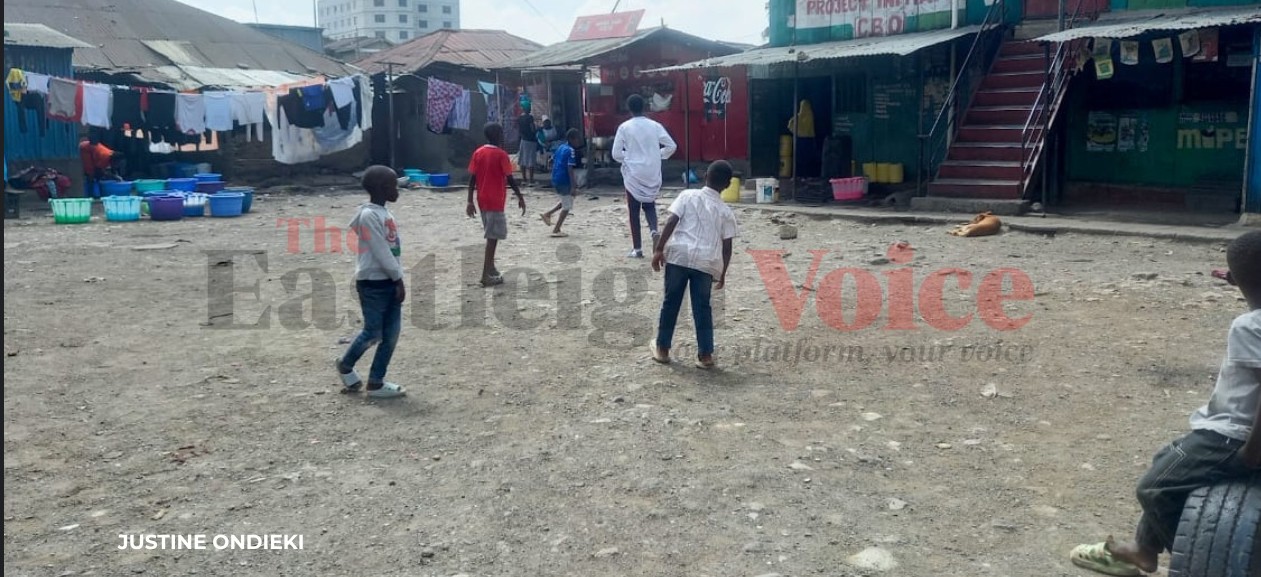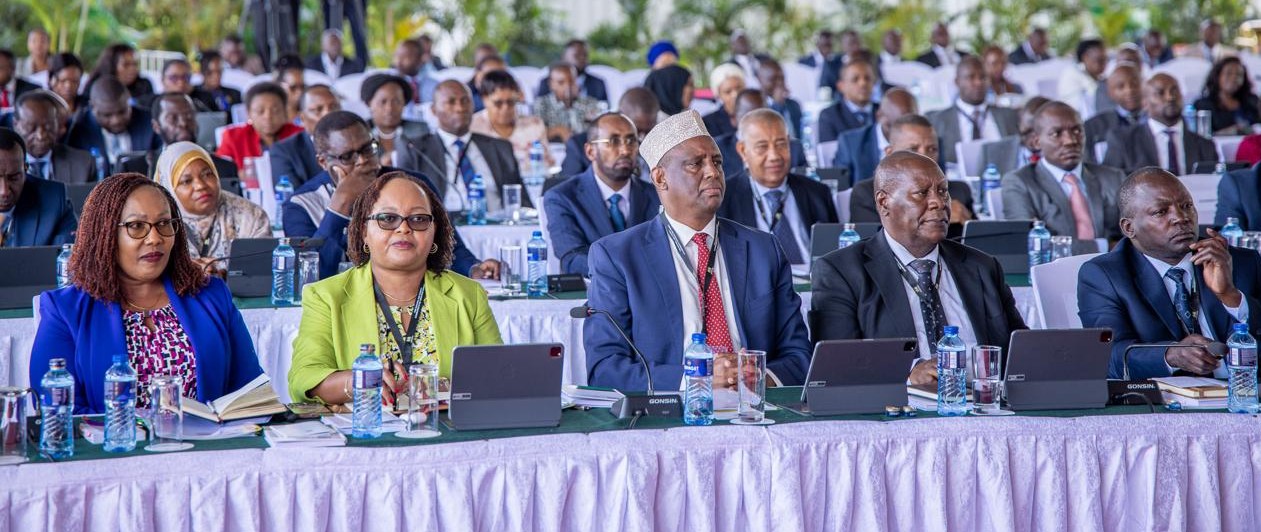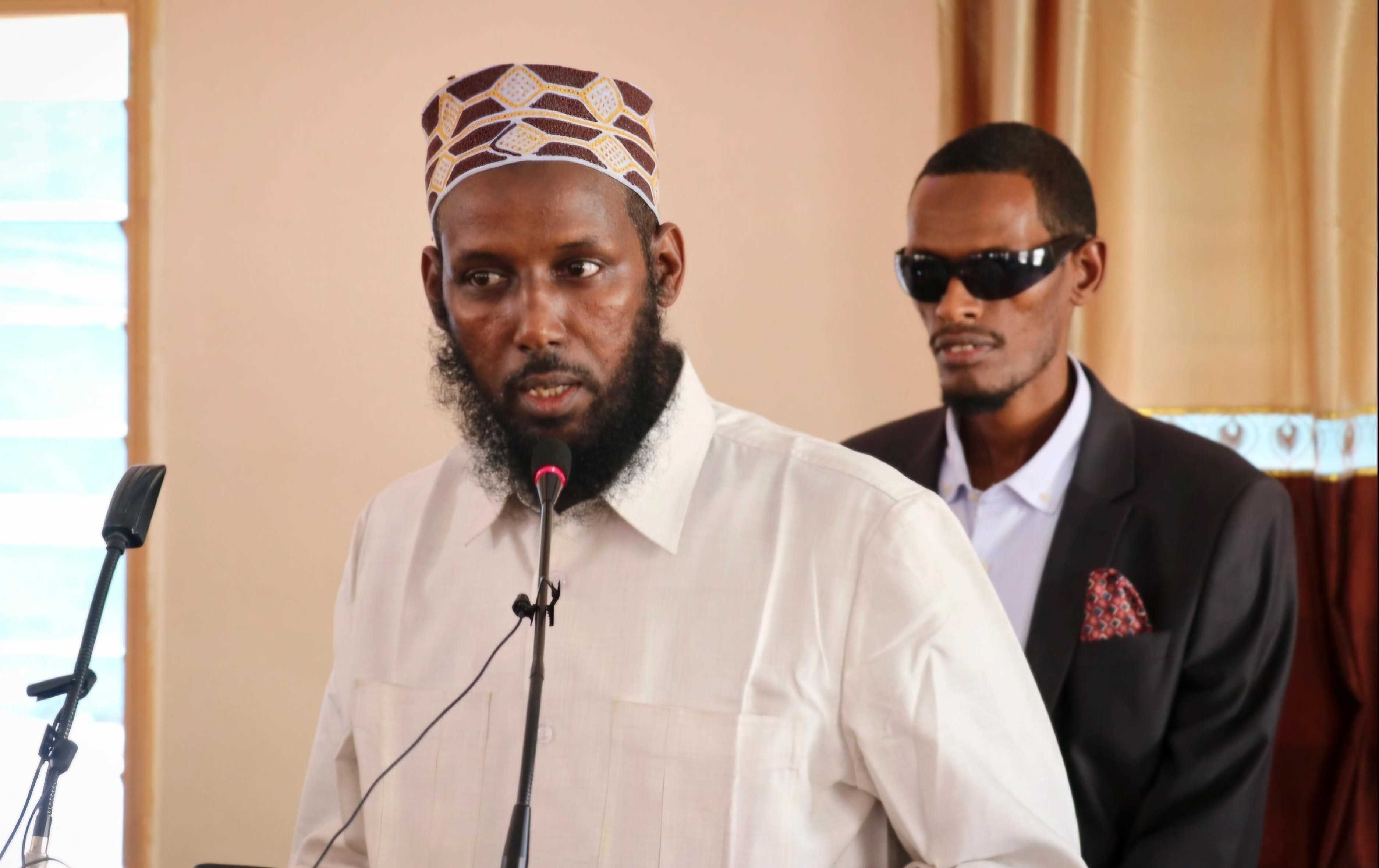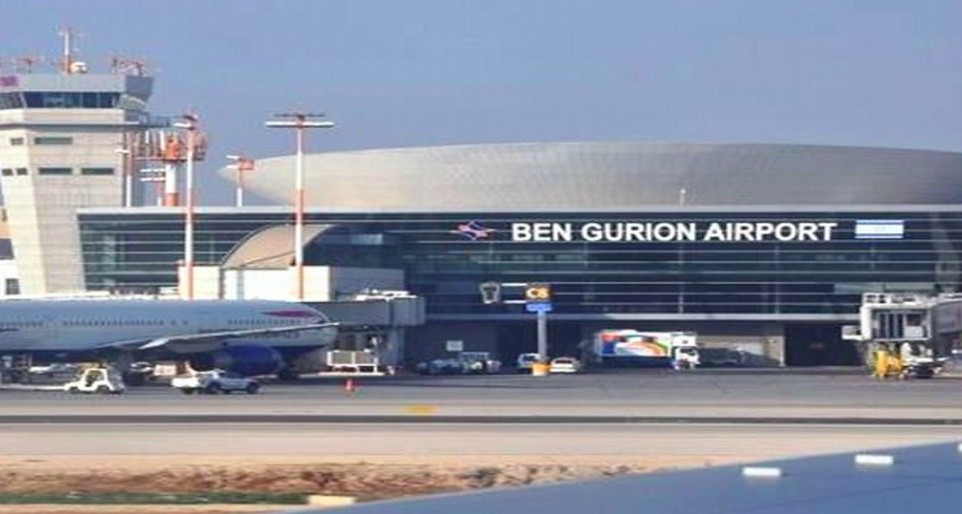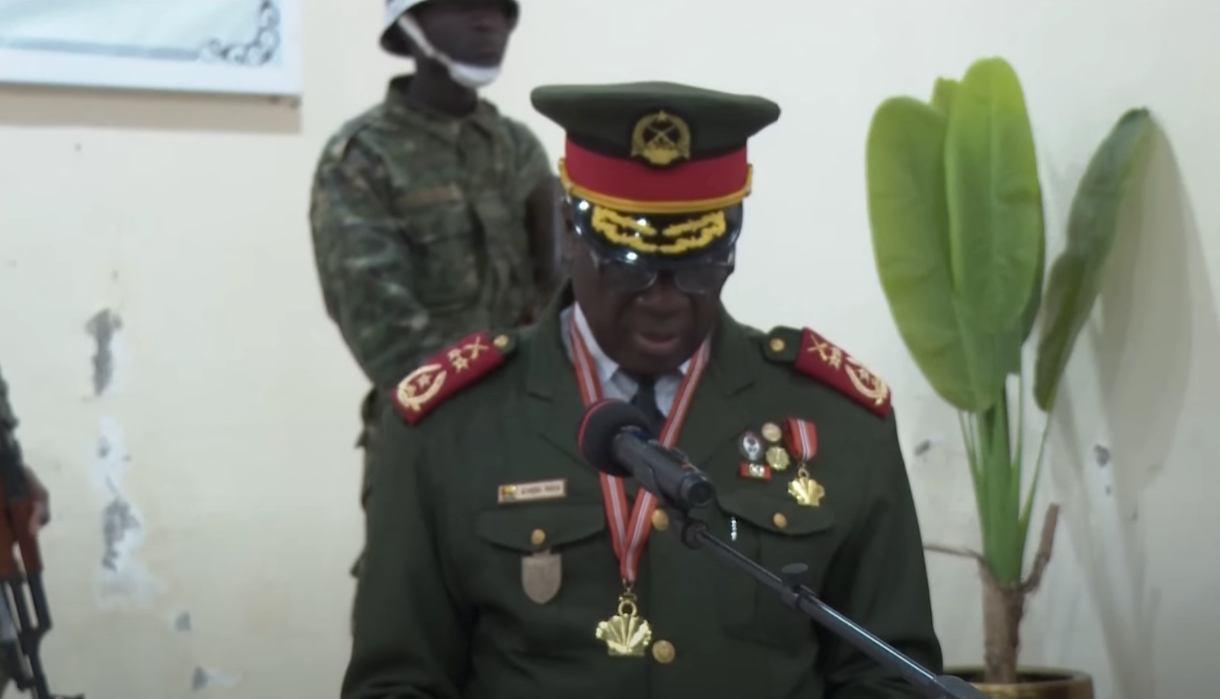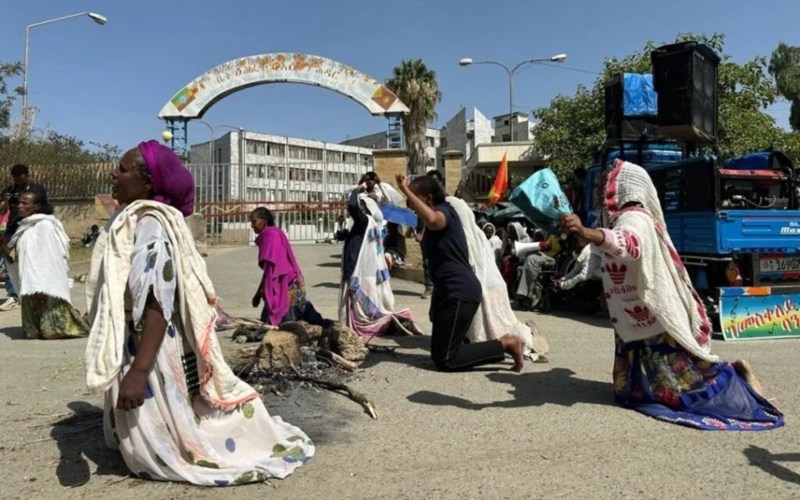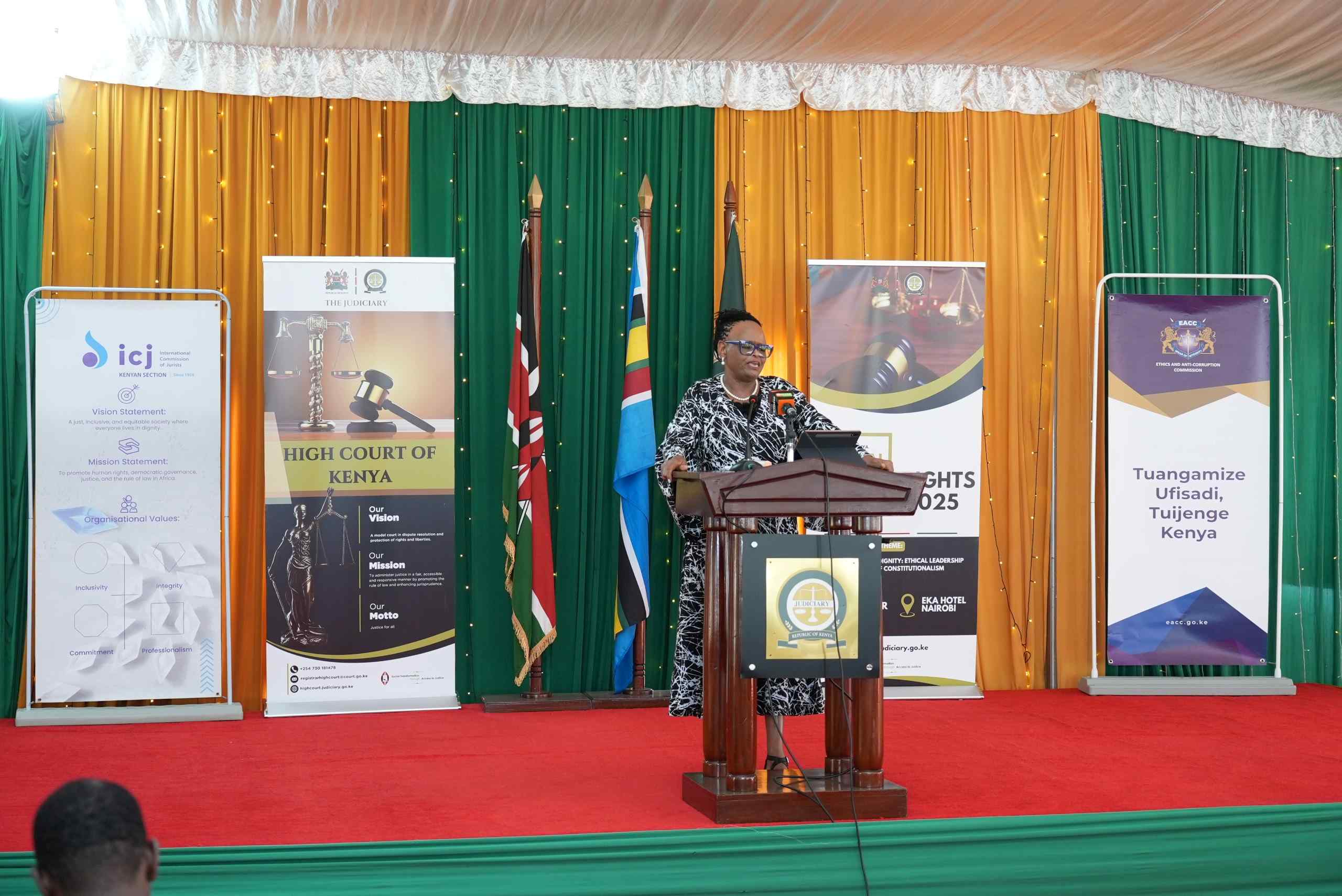South Sudan peace deal under threat as key opposition leaders detained
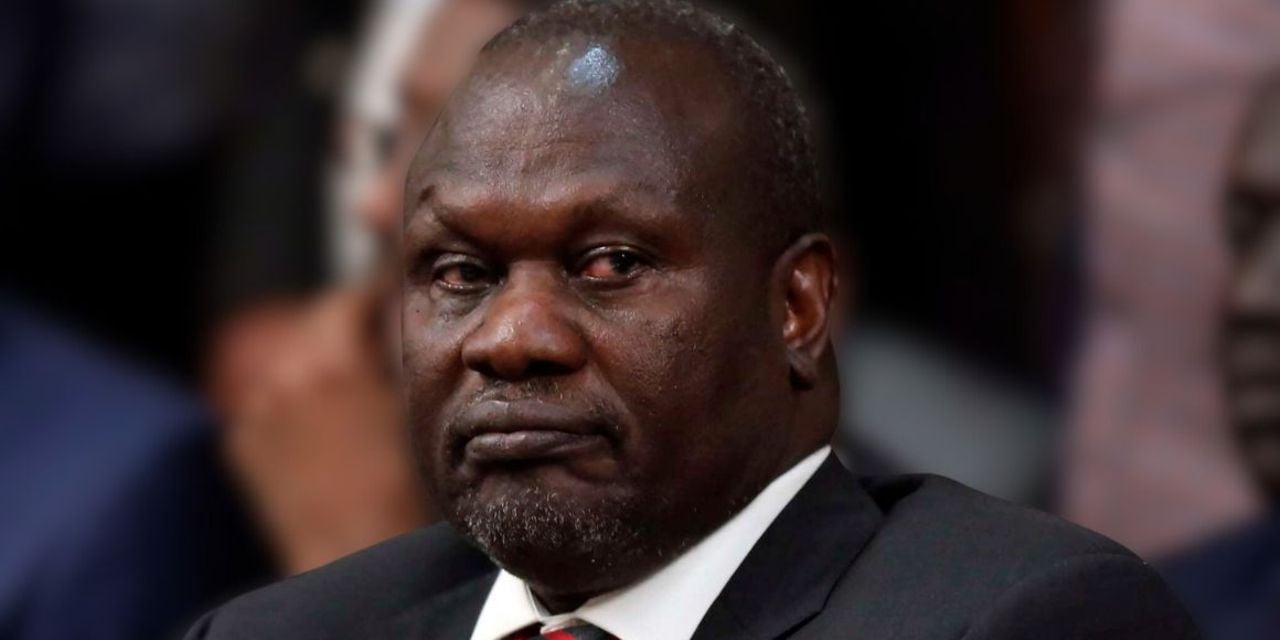
Human Rights Watch estimates that 17 individuals remain incarcerated in Juba without formal charges.
South Sudan's fragile peace architecture appears to be cracking once again—this time under the weight of arrests, political brinkmanship, and institutional inertia.
In its latest quarterly report, the Reconstituted Joint Monitoring and Evaluation Commission (RJMEC) paints a grim picture of the implementation status of the 2018 Revitalised Agreement on the Resolution of Conflict in South Sudan (R-ARCSS).
More To Read
- Gunman hijacks aid plane in South Sudan, arrested after safe landing in Wau
- Sexual violence driving mass flight from Sudan to South Sudan: What you need to know
- 1,000 weapon‑wounded patients treated in South Sudan hospitals this year - ICRC
- South Sudan and Somalia eye group stage in FIFA Arab Cup 2025 qualifiers
- From silence to strength: South Sudan women leaders speak out and drive change
- MSF demands protection of civilians after deadly attack in Upper Nile State, South Sudan
At the heart of the report is a bold demand: "Immediately release the SPLM/A-IO leaders and military officials currently in detention, unless credible evidence warrants legal proceedings conducted transparently and in accordance with due process."
The recommendation, made "pursuant to the Communiqué of the 43rd Extraordinary Summit of IGAD Heads of State and Government," is directed at President Salva Kiir's administration, which is accused of arbitrarily detaining members of the Sudan People's Liberation Movement/Army in Opposition (SPLM/A-IO).
The detainees include high-ranking officials such as First Vice President Dr. Riek Machar, SPLM-IO Deputy Chair Oyet Nathaniel Pierino, Lt. Gen. Gabriel Duop Lam, Petroleum Minister Puot Kang Chol, and a number of their aides, friends, and family members.
Human Rights Watch estimates that 17 individuals remain incarcerated in Juba without formal charges.
The government's justification? That the detainees were "in conflict with the law."
However, RJMEC is unconvinced. "During the quarter, implementation of the Agreement ground to a halt," the report observes, citing "repeated violations" and "a markedly worsened" political and security environment.
The detentions are not merely political theatre—they reflect a deeper erosion of trust between signatories to the peace deal.
RJMEC says: "In scenes not seen since the signing of the R-ARCSS over six years ago, armed conflict and violence erupted across the country."
These developments have not only derailed implementation timelines but forced several SPLM/A-IO leaders into exile, further weakening the coalition's negotiating power.
The timing of the arrests is notable. They come amid sweeping reshuffles in ministerial portfolios and the presidency—moves that RJMEC believes could compromise the spirit and letter of the peace accord.
"Portfolios within some agreement institutions and mechanisms were abandoned," the commission noted.
With Machar under house arrest and his deputy in hiding, the SPLM-IO's internal structure is in disarray.
Top Stories Today
